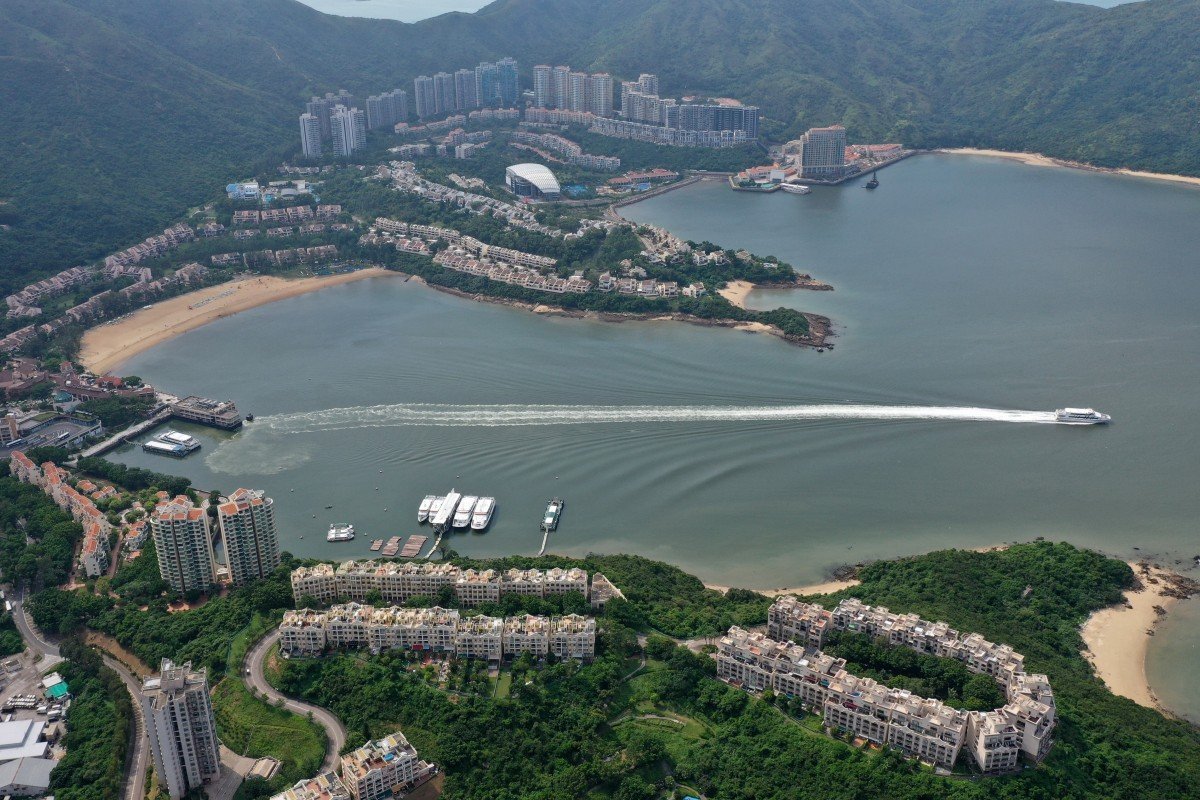Payson Cha Mou-sing, the chairman of Hong Kong conglomerate HKR International, famed for its development of Discovery Bay, died on Saturday morning.
Payson Cha Mou-sing, the chairman of Hong Kong conglomerate HKR International, famed for its development of the Discovery Bay community on Lantau Island, died on Saturday morning, according to two sources.
Cha, 77, died in San Francisco, the sources said, declining to be named as they were not authorised to speak to the media. A spokeswoman for HKR International declined to comment.
Cha was the eldest son of the late Cha Chi-ming, a well-known industrialist who fled to Hong Kong from Shanghai to start China Dyeing Works, a textile business, following the end of the second world war. HKR International, which spans industries ranging from property development to hospitality to health care, was founded in the 1970s.
The Cha family is best known for its role in developing the 650-hectare Discovery Bay in the 1970s and growing it into a district with a population of more than 20,000 in 2016, according to the latest census data. Cha assisted his father and played an important role in the project. The community now consists of a 27-hole golf course, two shopping malls, a man-made beach and more than a dozen residential building blocks.
The Cha family has close ties with officials in China and is held in high regard by the Communist Party. Cha was a member of the Chinese People’s Political Consultative Conference, the country’s top political advisory body, between 1993 and 2013. His father “made great contributions to the smooth handover of Hong Kong”, Beijing’s liaison office in Hong Kong said in a statement of condolence when he died in 2007.

The family has also been active in philanthropy in Hong Kong and China. Cha Chi-ming founded the Qiu Shi Science & Technologies Foundation with a donation of HK$150 million (US$19 million) in 1994 to award outstanding Chinese scientists. The foundation had been managed by Cha.
“The Cha family started the foundation to award researchers, and Deng Jiaxian was among the first scientists to receive a prize,” said a close family friend. Deng, a nuclear physicist born in 1924, is regarded as the “father of China’s nuclear programme”. The foundation released a list of the winners of a prize for young scientists last month.
The family also supported the early development of China’s banking industry with donations, said the family friend, who declined to be named.
Cha was diagnosed with pancreatic cancer in 1999 and given only three months to live. He underwent a surgery in the United State to remove a 4.5-centimetre long tumour, he told a public event in 2006. The cancer had relapsed in recent months, the sources said. Pancreatic cancer is the fifth leading cause of cancer deaths in Hong Kong, according to the government.
Cha studied for a bachelor of science degree from Oregon State University and was a Sloan Fellow of the Graduate School of Business at Stanford University. In 2001, he received an honorary doctor of social science degree from City University of Hong Kong.
The Cha family, which has maintained a low profile over the years, was valued at US$2.6 billion by Forbes in 2018. Cha leaves behind younger brother Victor Cha Mou-zing, who is the deputy chairman of HKR International, and Laura Cha Shih May-lung, Victor’s wife and the chairman of bourse operator Hong Kong Exchanges and Clearing.
Cha is also known for a shareholders’ dispute at Asia Television (ATV) in the late 2010s, which in part led to the Hong Kong broadcasting company’s decline. He bought a majority stake for HK$1 billion in ATV in 2008, but later resigned from the board in 2010.















